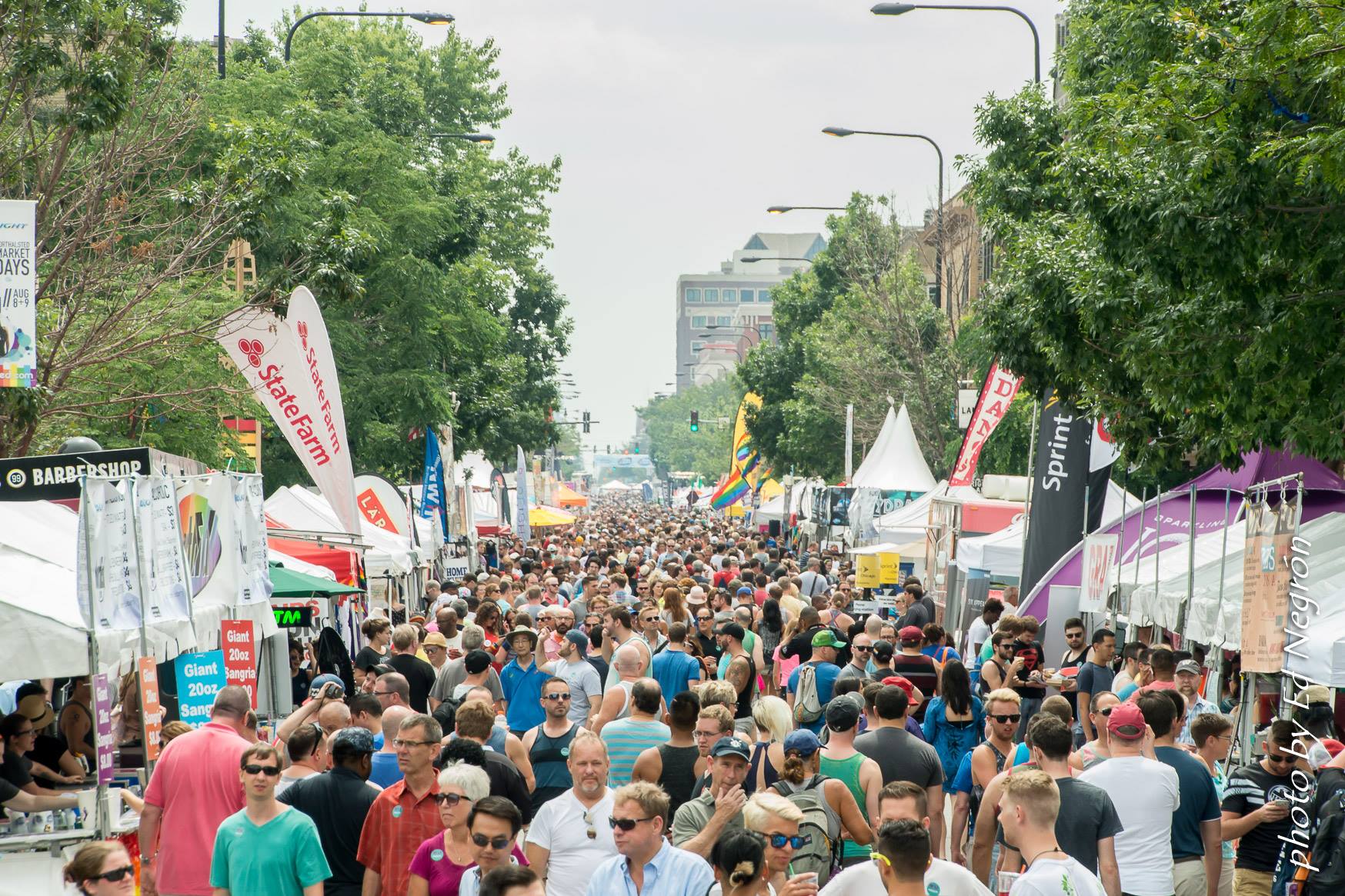


The business has transitioned from just a local market providing everyday meats and dry goods to the premier meat market in the north shore of Chicago. From that time on it has always been a meat market, making the transition from the Wilmette Meat Market,(1900 to 1920’s) to a local grocery and meat market (Pearson’s IGA) after adjoining with the neighboring building (1920’s to 1970’s), to the Ridge Avenue Butcher Shop(1971-1985), and finally to Zier’s Prime Meats. The building itself was built in the late 1880/1890’s, known then as Biess’ Market, in the village of Gross Point, IL. 19th 1985, and has a very long and storied history.
#M.e.a.t. chicago market days tv
Watch our “On The Block” TV show on The U, CW26 and MeTV.Zier’s Prime Meats And Poultry Inc. Click here to support Block Club with a tax-deductible donation. Every dime we make funds reporting from Chicago’s neighborhoods. Thanks for subscribing to Block Club Chicago, an independent, 501(c)(3), journalist-run newsroom. Every dime we make funds reporting from Chicago’s neighborhoods.Ĭlick here to support Block Club with a tax-deductible donation. Subscribe to Block Club Chicago, an independent, 501(c)(3), journalist-run newsroom. Jake Wittich is a Report for America corps member covering Lakeview, Lincoln Park and LGBTQ communities across the city for Block Club Chicago. “We’re trying to find new things to do in here, so we’re going to revive it one way or the other,” Colombet said.Įater first reported on Gepperth’s closure. The steakhouse would be “very good but very simple,” focusing on being approachable and affordable to customers rather than going for a fancy setting, Colombet said. One idea is to open a speakeasy-style steakhouse, because the shop already has all the necessary butcher equipment, Colombet said. Gepperth’s staff was “really sad” about its closure, but Colombet said he’s planning on opening a restaurant in the space. “He’s used to raised prices throughout the year, but not a jump of 30-40 percent like we’ve had to for certain items.” “Otto said he hasn’t seen prices go up like that ever in his life,” Colombet said. “When you’re buying meat at the price you’re supposed to be selling it, it’s quite challenging for either you, the business, or the customer,” Colombet said.Įven Demke, who ran the shop with his wife, Dianna Demke, from 1981 to 2020, is shocked by the inflation of meat prices, Colombet said. Some beef prices rose as much as 300 percent, he said. But the shop was still struggling with supply chain issues that have caused meat prices to “skyrocket.”

Otto Demke, who sold the business to Colombet in 2020, stuck around the butcher shop, working two days a week to mentor staff, Colombet said. One of the meat shop’s butchers retired at the end of 2021, Colombet said. Like many businesses, Gepperth’s experienced staffing shortages since the pandemic started. “Basically, nothing is going the way we want right now,” Colombet said at the time. “We’ve seen this consistently from month to month, but you can really see this trend going through 10 years of history, little bit by little bit.”Ĭolombet started reevaluating the business around January, when the meat market closed for a month due to added challenges brought on by the pandemic, he said.

“Nobody buys meat anymore,” Colombet said. Though the decline in sales has been gradual, the butcher finally reached a point where it was no longer profitable enough, Colombet said. Their mentality and behavior has changed.” People don’t think if they eat a steak, they’ll be strong. “The meat prices are too high, people eat less meat and it’s not 1980 anymore. Halsted St., closed its doors for good on Saturday after a steady drop in sales throughout the last few decades, owner Vincent Colombet said. LINCOLN PARK - Gepperth’s Meat Market in Lincoln Park has closed after more than 115 years in business.


 0 kommentar(er)
0 kommentar(er)
